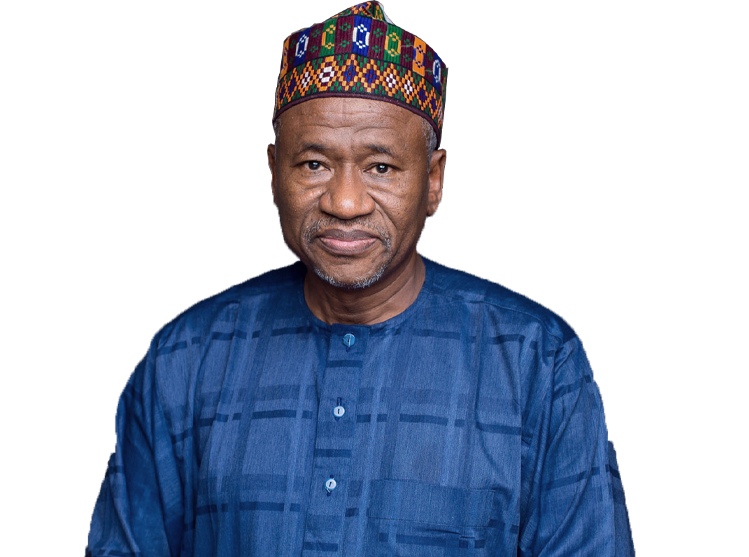For decades, Nigeria’s public sector has faced significant governance challenges that have hindered its ability to deliver essential services and drive sustainable development effectively. These challenges highlight the need for focused efforts to reform governance practices.
One of such major issues confronting Nigeria’s governance landscape is a lack of transparency in decision-making processes. Public sector organisations often operate in opaque environments, where accountability is limited, and citizens have little access to information about government activities. This not only erodes public trust but also creates opportunities for corruption, weakening the integrity of these institutions.
In addition to transparency concerns, Public sector institutions frequently overlook the importance of involving citizens, civil society, and the private sector in policy making and implementation. This disconnect between government officials and their represented communities increases governance failures and prevents the development of inclusive, citizen-centred policies.
Mismanagement of public resources is another critical factor contributing to governance challenges. Inefficient use of government funds, coupled with poor oversight mechanisms, has led to significant economic losses, with far-reaching impact on public service and infrastructure development. Without sound governance frameworks and the capacity to implement reforms, these issues continue to breed inefficiencies across the public sector.
Moreover, Nigeria’s public sector suffers from a skills and capacity gap. Many government institutions lack the trained personnel and technical expertise necessary to implement best practices in governance, leadership, and ethics. This gap has resulted in inconsistent policy execution, delays in public sector reforms, and an overall decline in the quality of public administration.
Recognising these deep-rooted challenges, the public sector has to execute governance reforms addressing some of these issues. One such reform is the Financial Reporting Council of Nigeria (FRCN)’s Exposure Draft on the Public Sector Governance Code, which emphasises the need for enhanced transparency, stronger accountability mechanisms, and adherence to ethical standards in public sector management.
To help address this critical need for governance reform and drive transformational change in governance standards, particularly in state-owned enterprises (SOEs) and regulatory institutions across Nigeria’s public sector, the Centre for Public Sector Governance (CPSG) was created.





